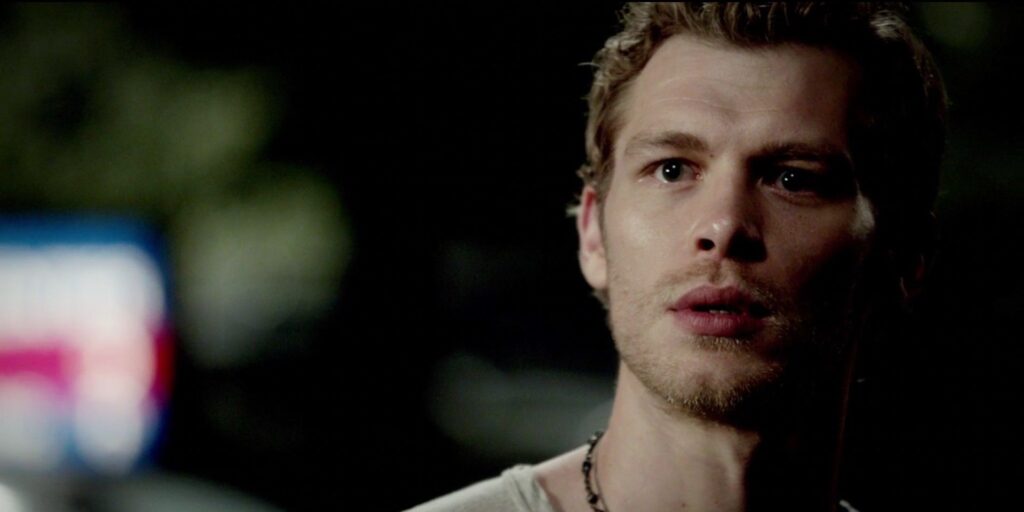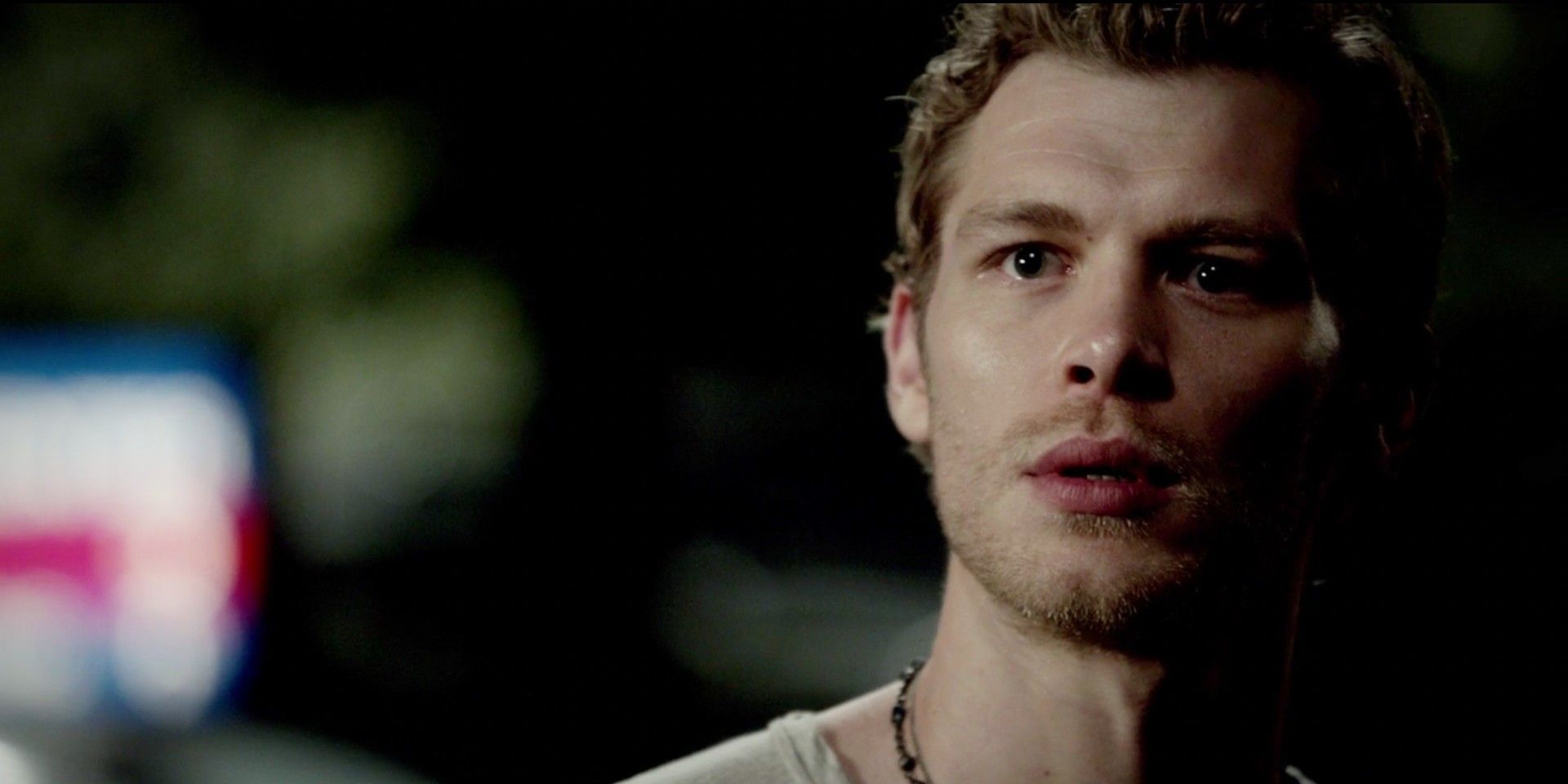
Klaus Mikaelson: The Complex Anti-Hero of The Vampire Diaries Universe
Klaus Mikaelson, a name synonymous with power, complexity, and a surprising depth of vulnerability, has become one of the most iconic characters in the television landscape. Introduced in *The Vampire Diaries* and later headlining its spin-off, *The Originals*, Klaus’s journey from a fearsome villain to a conflicted anti-hero captivated audiences worldwide. His character, portrayed with remarkable nuance by Joseph Morgan, transcends the typical tropes of supernatural dramas, exploring themes of family, redemption, and the enduring struggle for identity. This article delves into the multifaceted character of Klaus Mikaelson, examining his origins, motivations, relationships, and lasting impact on the supernatural genre.
The Origins of a Hybrid: Unveiling Klaus Mikaelson’s Past
Niklaus “Klaus Mikaelson” was born into a world of secrets and betrayals. The product of an affair between Esther, a powerful witch, and Ansel, a werewolf, Klaus was different from his siblings. His stepfather, Mikael, discovered this secret and, driven by rage and a desire to eliminate the werewolf bloodline, forced Esther to suppress Klaus’s werewolf side using a powerful spell. This act, while intended to make him a pure vampire, ultimately created the first Original Hybrid, a being of immense power and inherent instability.
The revelation of his true parentage and the subsequent rejection by Mikael fueled Klaus Mikaelson‘s deep-seated insecurities and a burning desire for power. He spent centuries seeking ways to break the curse that bound his werewolf side, driven by the belief that true power lay in embracing his full potential. This quest led him to countless acts of violence and manipulation, solidifying his reputation as a ruthless and formidable adversary.
The Mikaelson Family Dynamics: Love, Loyalty, and Betrayal
At the heart of Klaus Mikaelson‘s story is his complicated relationship with his siblings: Elijah, Rebekah, Kol, and Finn. Bound together by a shared past and a powerful blood oath, the Mikaelsons are both each other’s greatest allies and most formidable enemies. Klaus‘s paranoia and trust issues, stemming from Mikael’s abuse, often led to conflict and betrayals within the family. He frequently daggered his siblings, placing them in a state of suspended animation to prevent them from turning against him. Yet, beneath the layers of animosity, a deep sense of loyalty and love persisted, driving them to repeatedly reconcile and fight alongside each other.
Elijah, in particular, served as Klaus‘s moral compass, constantly striving to guide him towards a path of redemption. Their bond, though tested countless times, remained a cornerstone of both *The Vampire Diaries* and *The Originals*. Rebekah, fiercely independent and yearning for a normal life, often clashed with Klaus‘s controlling nature, but ultimately remained devoted to her family. Kol, known for his impulsive behavior and penchant for chaos, and Finn, resentful of their vampire existence, presented further challenges to the Mikaelson family dynamic.
Klaus Mikaelson: The Villain Turned Anti-Hero
While initially portrayed as a formidable antagonist, Klaus Mikaelson‘s character gradually evolved, revealing layers of vulnerability and a capacity for love. His relationship with Caroline Forbes in *The Vampire Diaries* showcased a softer side, hinting at the possibility of redemption. This development was further explored in *The Originals*, where Klaus became a father to Hope, a tribrid (vampire, werewolf, and witch). The birth of Hope fundamentally changed Klaus, forcing him to confront his past actions and strive to be a better person for his daughter.
The desire to protect Hope became Klaus‘s driving force, leading him to make sacrifices and alliances he would have previously deemed unthinkable. He learned to trust and rely on others, forming genuine bonds with Marcel Gerard, a former slave whom he raised as a son, and Camille O’Connell, a human therapist who helped him confront his inner demons. These relationships allowed Klaus Mikaelson to grow and evolve, transforming him from a feared villain into a complex anti-hero.
Key Motivations Driving Klaus Mikaelson
- Power and Control: Fueled by his insecurities and past trauma, Klaus initially sought power and control to protect himself and assert his dominance.
- Family and Loyalty: Despite his flaws, Klaus harbored a deep love for his siblings and a fierce loyalty to his family.
- Redemption: As the series progressed, Klaus yearned for redemption, seeking to atone for his past sins and become a better person, especially for Hope.
- Protection of Hope: The birth of his daughter fundamentally changed Klaus, making her safety and well-being his top priority.
The Legacy of Klaus Mikaelson
Klaus Mikaelson‘s impact on the supernatural genre is undeniable. He is a character who defies easy categorization, embodying both the darkest aspects of villainy and the potential for redemption. His complex motivations, compelling relationships, and captivating performance by Joseph Morgan have made him a fan favorite and a lasting icon. The character’s enduring appeal lies in his relatability; despite his supernatural powers, Klaus grapples with universal themes of family, love, loss, and the search for identity. His journey, from a feared villain to a flawed but ultimately redeemable anti-hero, resonates with audiences on a profound level.
Furthermore, the exploration of family dynamics within the Mikaelson family provided a rich and engaging narrative that captivated viewers. The constant power struggles, betrayals, and reconciliations among the siblings created a compelling drama that kept audiences invested in their fate. The introduction of Hope, and Klaus‘s subsequent transformation into a protective and loving father, added another layer of complexity to his character, further solidifying his status as one of the most nuanced and well-developed characters in television history.
Klaus Mikaelson’s Enduring Influence
The character of Klaus Mikaelson continues to influence the supernatural genre, inspiring countless writers and creators. His complex morality, compelling backstory, and captivating presence have set a new standard for villainous characters in television. The Mikaelson family, as a whole, has become synonymous with dysfunctional yet fiercely loyal family dynamics, a trope that has been replicated in numerous other shows. The legacy of Klaus Mikaelson extends beyond the screen, shaping the way we perceive and understand complex characters in storytelling.
In conclusion, Klaus Mikaelson is more than just a vampire; he is a symbol of complexity, redemption, and the enduring power of family. His journey from a feared villain to a flawed but ultimately redeemable anti-hero has captivated audiences worldwide, solidifying his place as one of the most iconic and influential characters in the history of television. His impact on the supernatural genre is undeniable, and his legacy will continue to inspire and entertain for years to come. [See also: The Originals Series Review] [See also: Joseph Morgan Interview on Klaus Mikaelson] [See also: The Mikaelson Family Tree]

